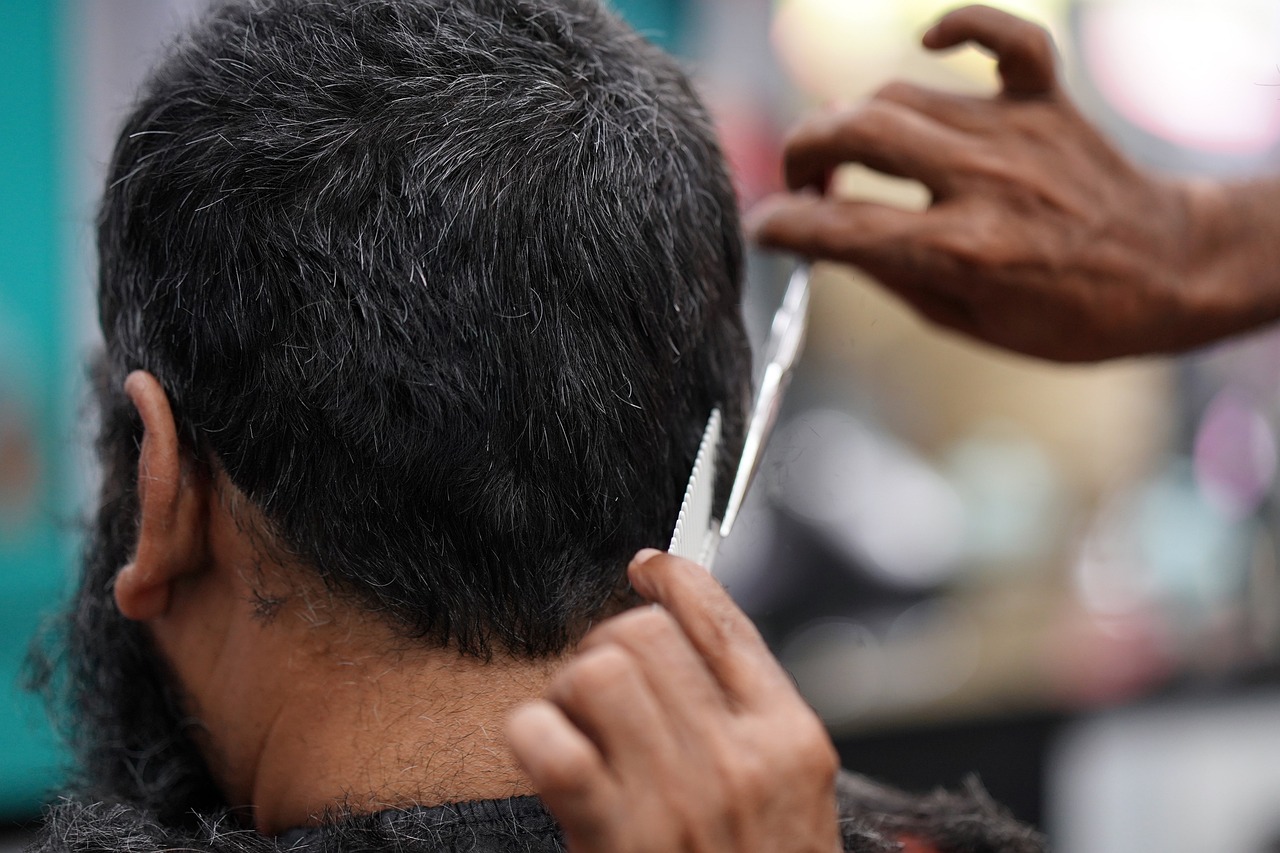Understanding the Psychology of Impulse Buying
Impulse buying is a common phenomenon that many of us have experienced at some point in our lives. It refers to the act of purchasing an item without prior planning or consideration, often driven by emotions rather than rational thinking. In this article, we will explore the psychology behind impulse buying, its impact on consumer behavior, and strategies to curb this impulsive behavior.
What Triggers Impulse Buying?
There are several factors that can trigger impulse buying, including:
Emotions
Emotions play a significant role in impulse buying. Positive emotions such as happiness, excitement, or even boredom can lead to impulsive purchases. Marketers often use emotional triggers in advertising to appeal to consumers’ emotions and encourage them to make spontaneous purchases.
Scarcity
Scarcity is another factor that can trigger impulse buying. When consumers perceive that an item is in limited supply or only available for a short period, they may feel a sense of urgency to buy it before it’s gone. This fear of missing out can drive impulsive purchases.
Peer Pressure
Peer pressure can also influence impulse buying. When consumers see others making a purchase, they may feel compelled to do the same to fit in or keep up with their peers. Social media platforms have amplified this effect by showcasing what others are buying in real-time.
The Role of Marketing
Marketers play a crucial role in triggering impulse buying through various strategies, such as:
Point-of-Purchase Displays
Point-of-purchase displays strategically place products near checkout counters to catch consumers’ attention as they are about to make a purchase. These displays often feature discounted items or limited-time offers to entice consumers to make an impulse purchase.
Urgency Tactics
Marketers use urgency tactics, such as countdown timers or flash sales, to create a sense of urgency and encourage consumers to make a quick decision. This fear of missing out can drive impulsive purchases as consumers rush to take advantage of the limited-time offer.
Personalization
Personalized marketing tactics, such as targeted ads based on consumers’ browsing history or purchase behavior, can trigger impulse buying by showing consumers products that are tailored to their interests and preferences. This personalized approach can make consumers feel a stronger emotional connection to the product, leading to impulsive purchases.
How to Curb Impulse Buying
While impulse buying can be tempting, there are strategies you can use to curb this impulsive behavior:
Create a Shopping List
Before heading to the store or browsing online, create a shopping list of items you need to purchase. Stick to your list and avoid adding unnecessary items that catch your eye.
Set a Budget
Set a budget for your shopping trip and stick to it. Avoid making impulsive purchases that can blow your budget and lead to financial stress later on.
Avoid Shopping When Emotional
Avoid shopping when you are feeling emotional, as this can cloud your judgment and lead to impulsive purchases. Take a moment to pause and reflect on whether you truly need the item before making a purchase.
Wait Before Making a Purchase
If you feel the urge to make an impulse purchase, give yourself some time to think it over. Wait 24 hours before making the purchase to see if you still feel the same about the item. This cooling-off period can help you make a more rational decision.
FAQs
What is impulse buying?
Impulse buying refers to the act of purchasing an item without prior planning or consideration, often driven by emotions rather than rational thinking.
What triggers impulse buying?
Impulse buying can be triggered by factors such as emotions, scarcity, and peer pressure. Marketers also play a significant role in triggering impulse buying through various strategies.
How can I curb impulse buying?
To curb impulse buying, create a shopping list, set a budget, avoid shopping when emotional, and wait before making a purchase. These strategies can help you make more informed purchasing decisions.
Impulse buying is a common behavior that many of us engage in, but understanding the psychology behind it can help us make more informed purchasing decisions. By being aware of the triggers of impulse buying and implementing strategies to curb this behavior, we can take control of our shopping habits and make more mindful choices.







